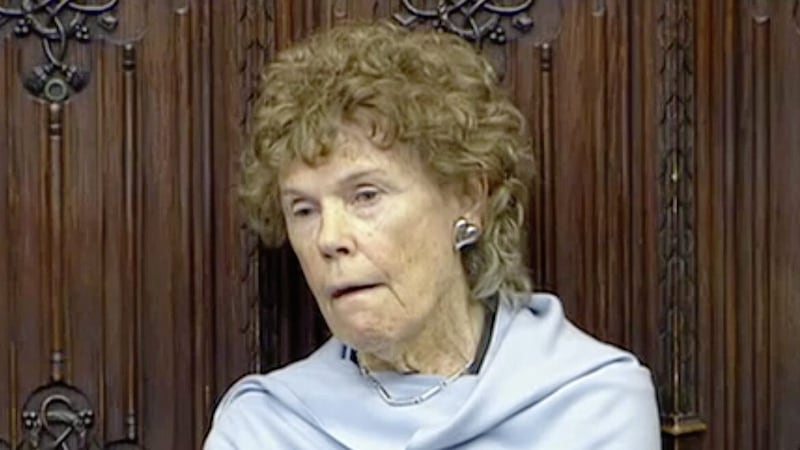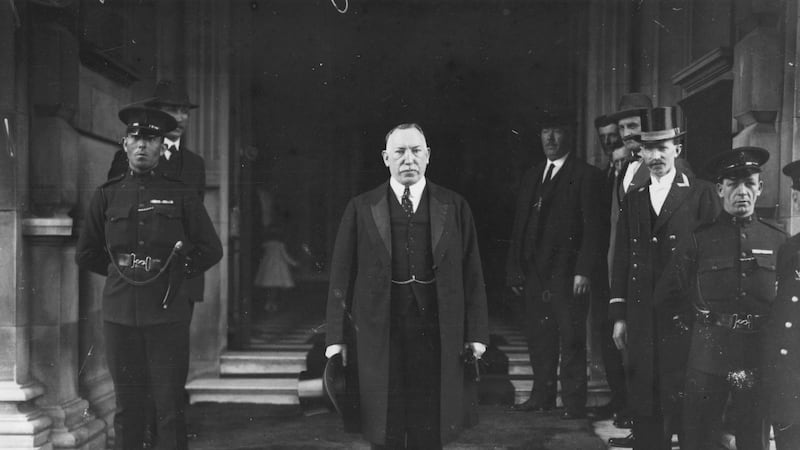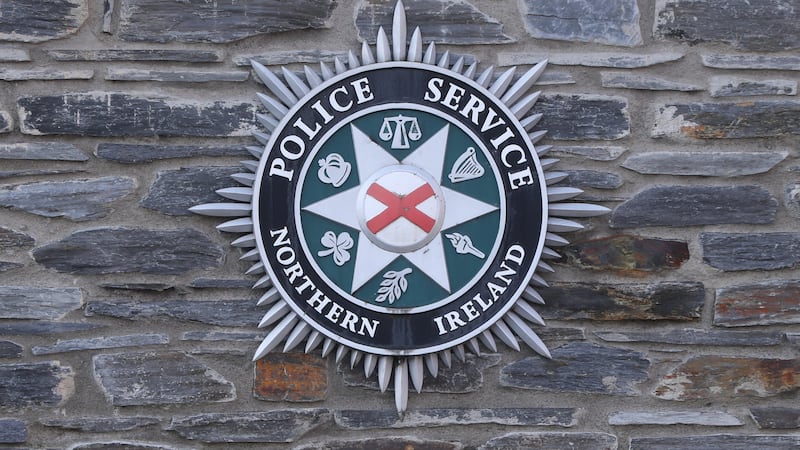The Stormont institutions should be abolished and replaced by more MPs and strengthened local government to take decisions for the north, Parliament has heard.
Former Labour peer Baroness Hoey said changes are needed given that the current system results in any controversial issues being decided at Westminster.
The UK Government and Labour pushed back against the suggestion from Lady Hoey as peers considered the Northern Ireland (Interim Arrangements) Bill at second reading.
Lady Hoey, a Brexit supporter who now sits as an non-affiliated peer, also accused the British government of trying to use "punishment of the Northern Ireland people" via the Budget as a way of restoring powersharing at Stormont.
Stormont departments are facing cuts in the latest budget which was set by Secretary of State Chris Heaton-Harris in the absence of locally elected ministers.
The Stormont Assembly remains effectively collapsed amid protest action by the DUP as the party calls for the London government to address its concerns around Brexit's Northern Ireland Protocol.
The British government and EU unveiled the Windsor Framework earlier this year as a means of resolving trading difficulties caused by the post-Brexit protocol, but the DUP has said its political and trading concerns must be met before it returns to government.
Civil servants at Stormont have already been handed some extra powers to take decisions usually reserved for ministers and the Bill seeks to extend those powers beyond their current expiration date of June 5.
Northern Ireland minister Lord Caine said he brought forward the Bill with "profound regret" in the absence of a Northern Ireland executive, adding that the Government "remains committed to supporting the restoration of the executive in Northern Ireland as soon as possible".
Lady Hoey later told the debate: "Of course, a working executive could do various things. It could agree actually on dividing up the money from the block grant.
"But as we know, in this House in particular, any issues which require the two communities to yield on their particular hard, fast views mean we here in Parliament end up legislating time after time - legacy, abortion, gay rights, welfare reform.
"Anything that's actually really controversial ends up here and I think we need to remember that as well."
Lady Hoey said that, by contrast, local government works because it operates more on a committee system that "can't easily be boycotted", adding: "My personal view is we should be strengthening local government in Northern Ireland, increasing the number of Members of Parliament and doing away with and abolishing the whole Stormont set up."
On budget proposals for Northern Ireland, Lady Hoey said: "We've seen senior civil servants who I'm sure are taking soundings from Government ministers to choose the most conspicuous cuts - like this week's on nurse training funding - to frighten the public.
"I'm sure this is being given the green light by certain people in certain positions."
Speaking for Labour, former Northern Ireland secretary Lord Murphy of Torfaen said: "I don't agree with Lady Hoey that we could actually exist without an executive and assembly in Northern Ireland.
"Completely forget about the Good Friday Agreement and the peace process, with a parliament in Edinburgh and a Senedd in Cardiff, it would be totally impossible not to have a devolved parliament in Northern Ireland."
Lord Caine added: "I'm afraid I have to disagree with Lady Hoey when she argued for strengthening of local government and effectively the abolition of Stormont, which would be a fundamental change to the Belfast/Good Friday Agreement.
"It is not a position the Government can support, we remain firmly committed to the agreement and to the institutions across all three strands of that agreement that it establishes.
"Our priority is to make the agreement and the institutions work for the good of the people of Northern Ireland."
DUP MP Lord Morrow earlier said Northern Ireland was "in the midst of a very serious spending crisis", with Stormont departments "having to make cuts left, right and centre".
Ulster Unionist Party peer Lord Rogan voiced concerns over the "perilous financial position", adding: "According to the Northern Ireland Fiscal Council, Stormont departments - now run solely by unelected civil servants - will be expected to find £800 million in cuts and revenue-raising measures as a result of what's become known locally as the punishment budget."
Conservative former Northern Ireland minister Lord Robathan appealed to unionists to show political leadership to resolve the impasse, as he said the "flawed" Windsor Framework was the "best deal we'll get".
Lord Robathan said "I hate it" when he referred to the support shown by voters to Sinn Féin, adding: "To my fellow unionists, I say we need political leadership to understand how to get back the electorate's confidence and political leadership to go back into the assembly so that we have an executive in Northern Ireland because that is the best way forward for all its defects."
Lord Caine said departments would have to "face very difficult decisions to live within their budget", adding of "punishment budget" claims: "It's not a description for one second that I'd accept."








